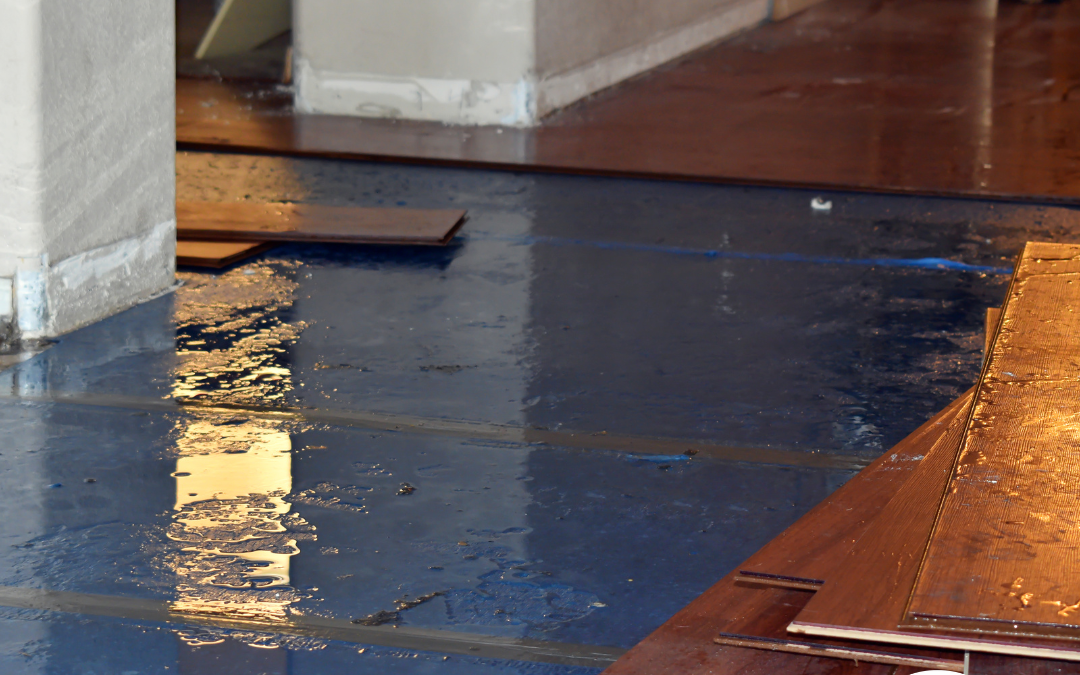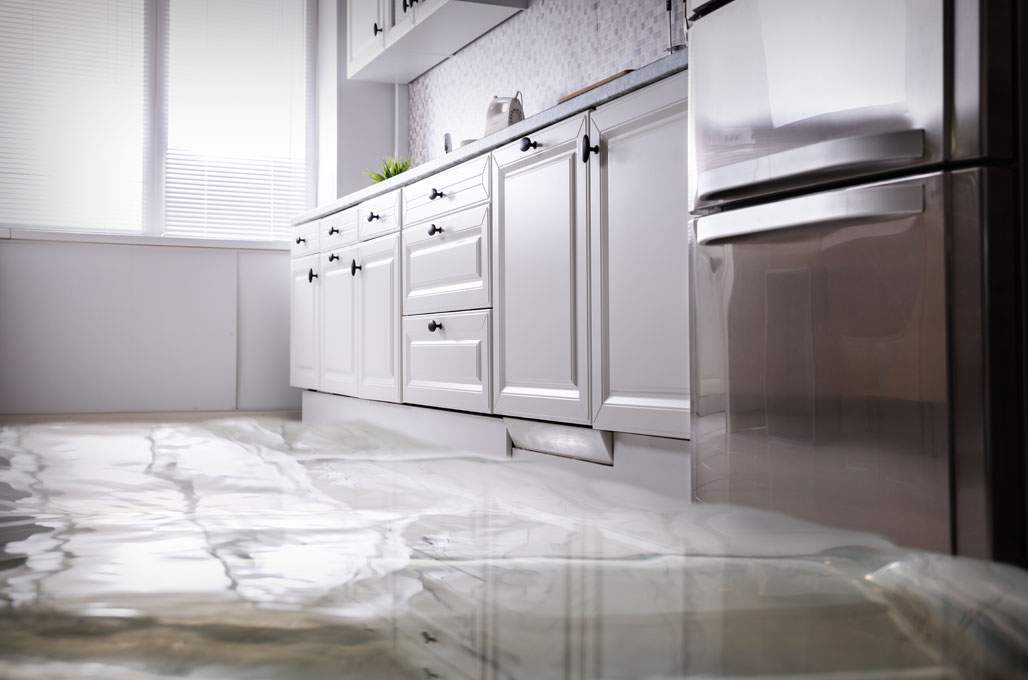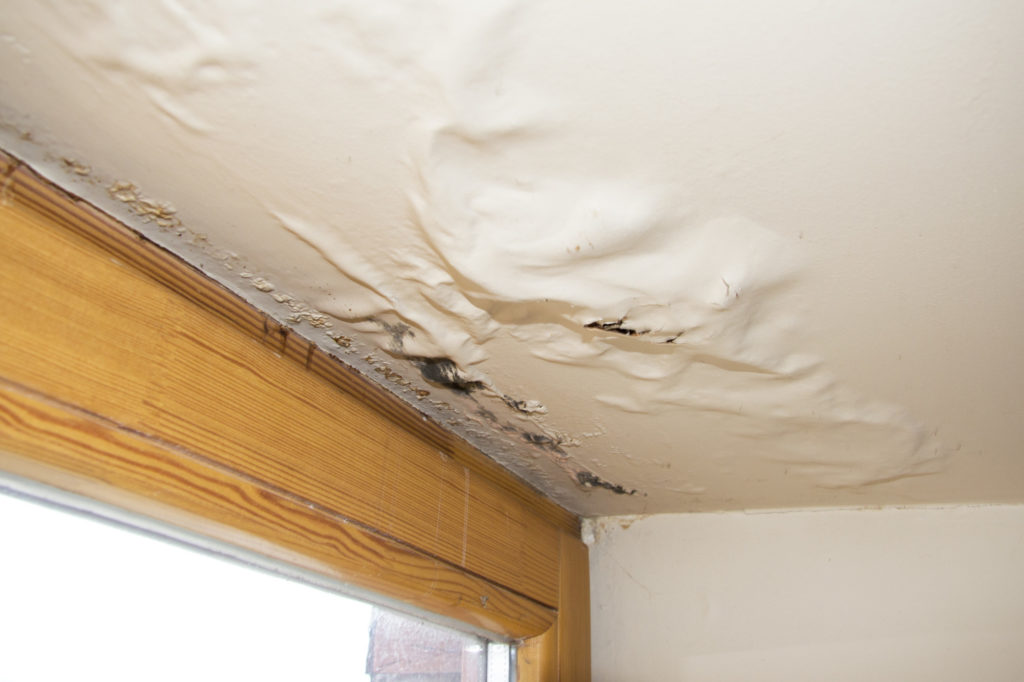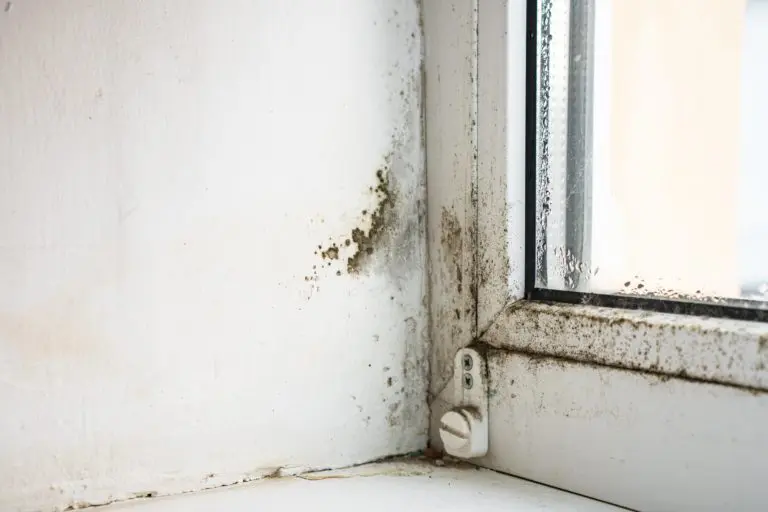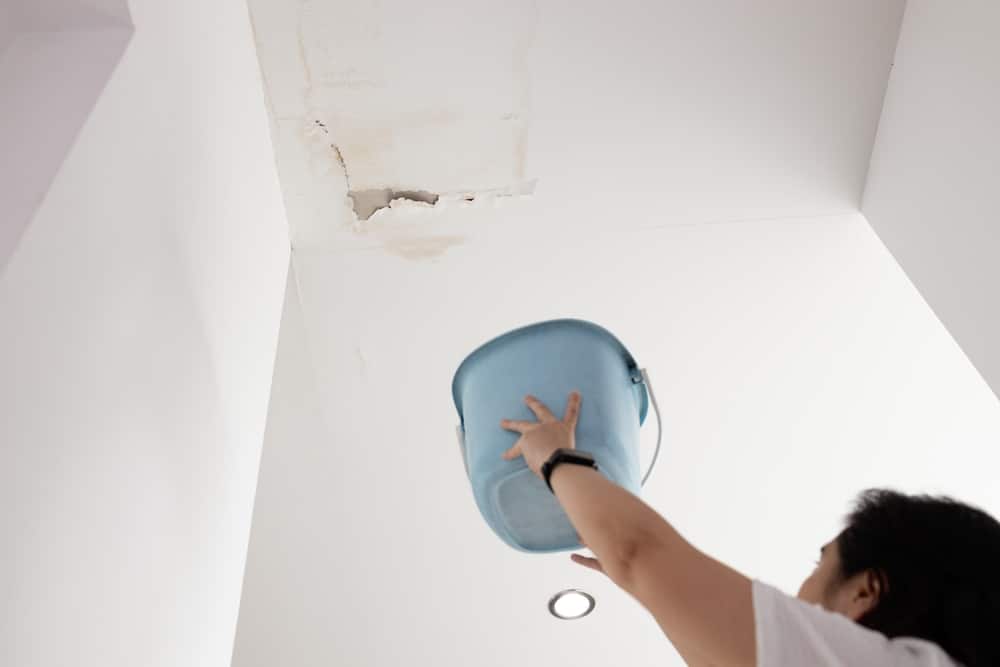In every household, the sink drain is an essential component that often gets overlooked until a problem arises. The last thing anyone wants is to deal with the hassle and expense of a leaky sink. To help you maintain a smoothly functioning home, this article provides valuable sink drain leaks prevention tips that are practical and easy to follow.

Understanding the Causes of Sink Drain Leaks
Before diving into prevention, it’s crucial to understand what causes these leaks. Leaks often result from worn-out washers, loose connections, or even corrosion in pipes. Identifying the root cause can help in preventing future occurrences.
Common Causes of Sink Drain Leaks
1. Worn-out Washers: Over time, washers can deteriorate and fail to seal properly, leading to leaks.
2. Loose Connections: Vibrations and usage can loosen connections, causing water to seep through.
3. Corroded Pipes: Metal pipes are susceptible to rust and corrosion, weakening them and causing leaks.
Regular Maintenance: A Key to Prevention
Regular maintenance is the cornerstone of preventing sink drain leaks. Simple checks can save you from costly repairs and inconvenience.
Routine Check-Ups
Set a schedule for regular inspections of your sink and plumbing. Look for any signs of wear or damage. Catching issues early can save you time and money.
Cleaning the Drain
Ensure your drain is clear of debris and buildup. Use safe cleaning agents or home remedies like baking soda and vinegar periodically to keep the drain clean.
Smart Devices: Modern Solutions for Leak Prevention
Technology has revolutionized home maintenance. Smart devices can alert you to potential leaks before they become a problem. Consider investing in a water monitoring system. For more insights, check out water leak solutions.
Choosing the Right Smart Device
When selecting a device, consider factors like connectivity, ease of use, and compatibility with your home system. For tech enthusiasts, integrating IoT devices can provide peace of mind and efficiency.
DIY Tips for Leak Prevention
For those who enjoy DIY projects, here are some practical tips to prevent leaks:
Tightening Loose Fixtures
Regularly check and tighten any loose fixtures. Ensure that all connections are secure and properly sealed.
Replacing Old Hardware
Inspect washers and pipes for wear. Replace any old or damaged components promptly to prevent leaks.
Professional Help: When to Call an Expert
While DIY solutions can be effective, there are times when professional assistance is necessary. If you encounter persistent issues or extensive damage, it’s best to consult a plumber.
Signs You Need Professional Assistance
1. Consistent dripping even after tightening fixtures.
2. Visible rust or corrosion on pipes.
3. Water stains or mold growth under the sink.
The Financial Impact of Ignoring Leaks
Neglecting leaks can lead to significant financial burdens. Water damage can affect your home’s structure and increase utility bills. For tips on preventing costly water damage, visit property protection.
Eco-Friendly Practices for Leak Prevention
Adopting eco-friendly practices not only helps the environment but also reduces the risk of leaks. Consider using low-flow fixtures and sustainable materials in your plumbing.
Benefits of Eco-Friendly Plumbing
Eco-friendly plumbing reduces water waste and lowers utility costs. Additionally, it promotes a healthier home environment.
Seasonal Maintenance Tips
Seasonal changes can affect your plumbing. Prepare your home for each season with these maintenance tips. For a comprehensive checklist, refer to seasonal maintenance.
Winterizing Your Plumbing
Protect pipes from freezing by insulating them. Ensure that outdoor hoses are disconnected and drained.
The Role of Proper Installation
Proper installation is crucial in preventing leaks. Ensure your plumbing is installed by qualified professionals to avoid future issues.
Importance of Quality Materials
Invest in high-quality materials for your plumbing. Durable materials are less prone to leaks and last longer.
Conclusion
By following these sink drain leaks prevention tips, you can ensure a leak-free home and avoid unnecessary stress and expenses. Remember, regular maintenance, smart technology, and professional help when needed are key to a smoothly functioning plumbing system.

FAQ
1. What are the first signs of a sink drain leak?
Common signs include water pooling under the sink, a musty odor, or visible mold growth.
2. How often should I inspect my sink drain?
It’s recommended to perform a basic inspection every few months and a thorough check annually.
3. Are smart water sensors worth the investment?
Yes, smart water sensors provide early detection of leaks, preventing damage and saving money in the long run.
This article contains affiliate links. We may earn a commission at no extra cost to you.


